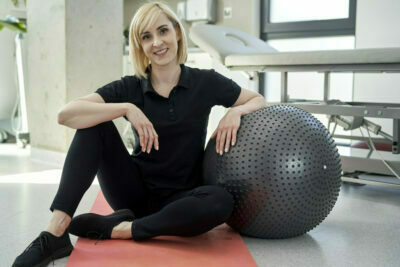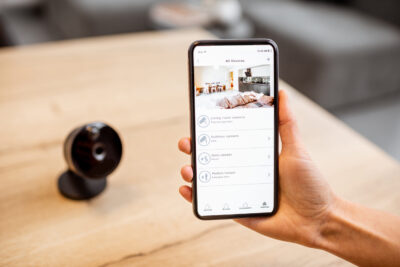The focus on women’s health tends to revolve around childbearing, and for good reason: it’s a monumental life event that is both exciting and dangerous. But there’s a lot more to a woman’s health than that. Women have unique healthcare needs at every stage of their life.
Adolescence and young adulthood
Most women can remember getting the period talk from their mom. There were probably plenty of euphemisms like, “You’re a woman now” –which is a terrifying thing to say to someone without further context. Nowadays, doctors emphasize the importance of using the proper medical terminology. That way young women know that a woman’s body is not something to be ashamed of. It shouldn’t be spoken of like it is.
Most young women make their first visit to the gynecologist right before or after they first become sexually active, although some girls go earlier, especially if they’re dealing with painful periods or a related issue. Even for those in their late teens who aren’t sexually active, it’s not a bad idea to go anyway to start building a relationship with a gynecologist. Don’t be embarrassed to ask questions; your doctor has probably heard them all. Women should get information on both STD prevention and pregnancy prevention during those initial visits. Doctors will ask questions about sexual history, but they don’t really care if you became sexually active at fifteen or thirty. They want to make sure you stay healthy and happy regardless of who you are (or aren’t) sleeping with.
Pregnancy and postpartum

The average age of a woman’s first pregnancy has crept up in recent years. It’s now around age twenty-six, although many women also wait until they hit thirty to try for babies. There’s a lot of hype around the idea that a woman’s fertility falls of a cliff the instant she hits thirty, but there’s really no science to back that up. Yes, fertility does start to decline as you get older, but the tradeoff is that many women are better prepared for motherhood both emotionally and financially.
Many women feel like their body is no longer their own the minute they get that first pregnancy test. Not only do they have a person growing inside of them, but they’re also getting advice from everyone and their neighbor on the best foods to eat, the best exercises to do, and whether or not they should try for “natural” birth. The best person to talk to about these things isn’t your Aunt Erma; it’s your doctor. Talk about the pros and cons and find a plan that makes sense for you. And don’t feel guilty if you suffer from post-baby blues or even postnatal depression. Both are incredibly common. They have nothing to do with a person’s fitness for parenthood.
After menopause
On average, women will experience menopause around age fifty, although there are exceptions. The associated hormonal fluctuations can be disconcerting and frustrating, which is why it’s so important for you to see your doctor regularly. There’s no one-size-fits-all prescription for dealing with the effects of menopause, but you do have options like hormone therapy and low-dose antidepressants. When you hit 65, you’ll become eligible for Medicare. Many seniors are surprised to find gaps in their Medicare coverage, but those gaps can easily be filled with supplemental insurance plans.
In every life stage, you should feel comfortable speaking honestly with your doctor and other medical professionals who treat you. Your doctor can’t help you if he or she doesn’t know what’s wrong. It’s up to you to speak up and be your own best advocate.











